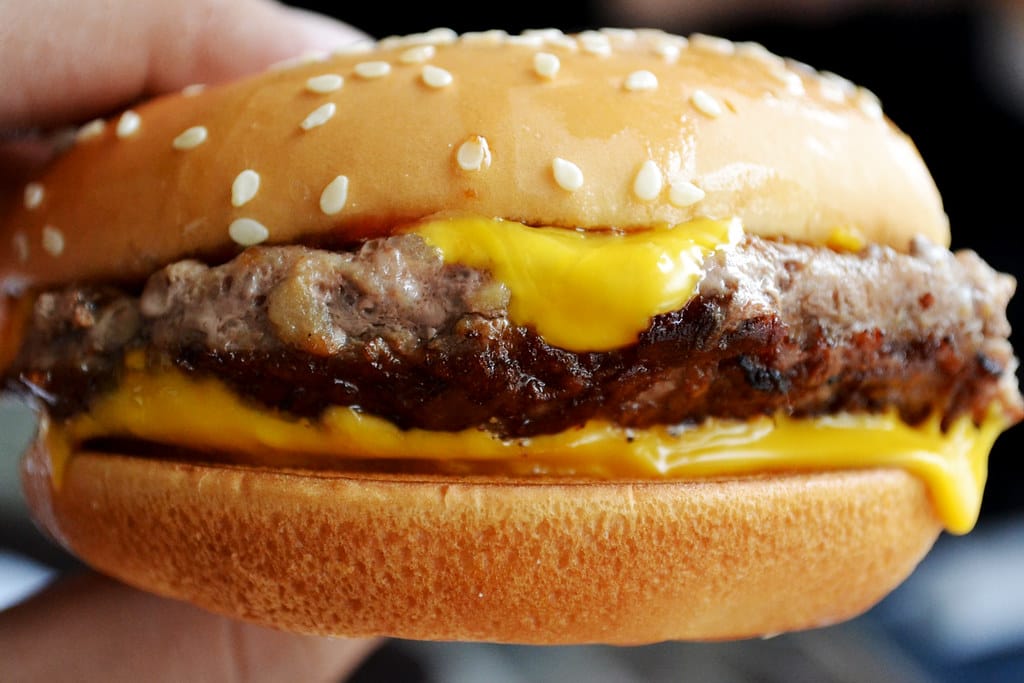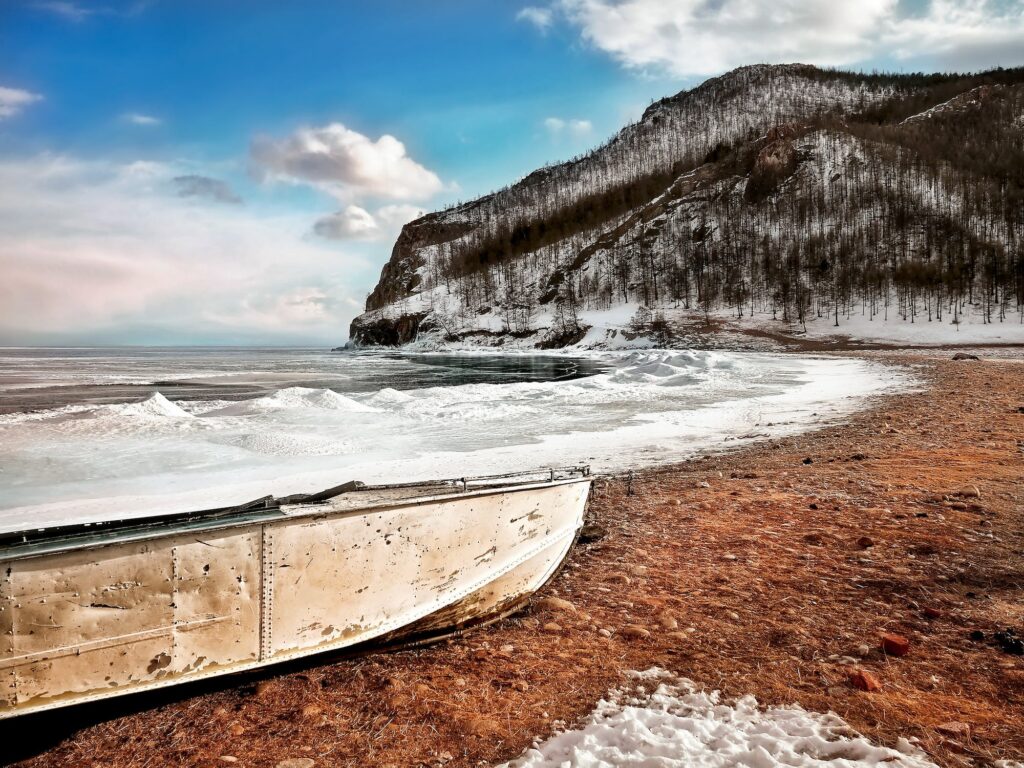
Can you imagine going to war with McDonald’s over a slice of cheese? That’s exactly what one brave (or should we say ‘cheesed off’) customer did. He was asked to pay the same price for a Quarter Pounder without cheese as one with cheese. Most people would just shrug this off. Not this guy. He rolled up his sleeves, tightened his tie, and took McDonald’s to court over a measly 30 cents. Yes, you read that right – 30 cents. Now that’s some expensive cheese!
You may think it’s just a slice of cheese, but for this customer, it was a point of principle. It was his ‘David vs. Goliath’ moment. There he was, standing up against the fast-food giant, armed with nothing but his indignation and a burger receipt. His argument? Why should he pay the same price for a product with fewer ingredients? Fair point, you might say, but the court thought differently.
The case was eventually dismissed with prejudice, much to the relief of Ronald McDonald and co. This means our disgruntled customer can’t take them to court again over the same cheesy dispute. The court concluded there was no evidence that losing the 30 cents had negatively affected his quality of life. So, at the end of the day, this customer was left without his 30 cents and without his victory. But one thing’s for sure – he probably orders his burgers with extra cheese now, just to get his money’s worth!

In 1884, a harrowing survival tale unfolded on a desolate island. Four men – Tom Dudley, Edwin Stephens, Edmund Brooks, and Richard Parker – found themselves stranded after their ship was lost at sea. Struggling with a lack of fresh water and scarce food, their circumstances turned dire. Twenty days into their ordeal, Parker fell into a coma, his body succumbing to the harsh conditions. This left the rest of the group wrestling with a terrible question: could they take one life to save the others?
In desperation, Dudley and Stephens made a grim decision. They chose to end Parker’s life, using his body as a means to stave off their own starvation. It was a horrifying choice, born of extreme circumstances and the primal instinct to survive. But their ordeal didn’t end there. Five days after this act, they were rescued. But the reality of what they had done trailed them back to civilization, leading them to face the law for their survival actions.
Their trial shook the mainland. How would the court weigh the scales of human survival against the value of a human life? Ultimately, the court decided that desperation did not justify the taking of a life. Yet, acknowledging the extreme situation the men had been in, they received a surprisingly lenient sentence of six months’ imprisonment. The case serves as a stark reminder of the unthinkable choices some may face in the pursuit of survival, and the lasting consequences of those decisions.



